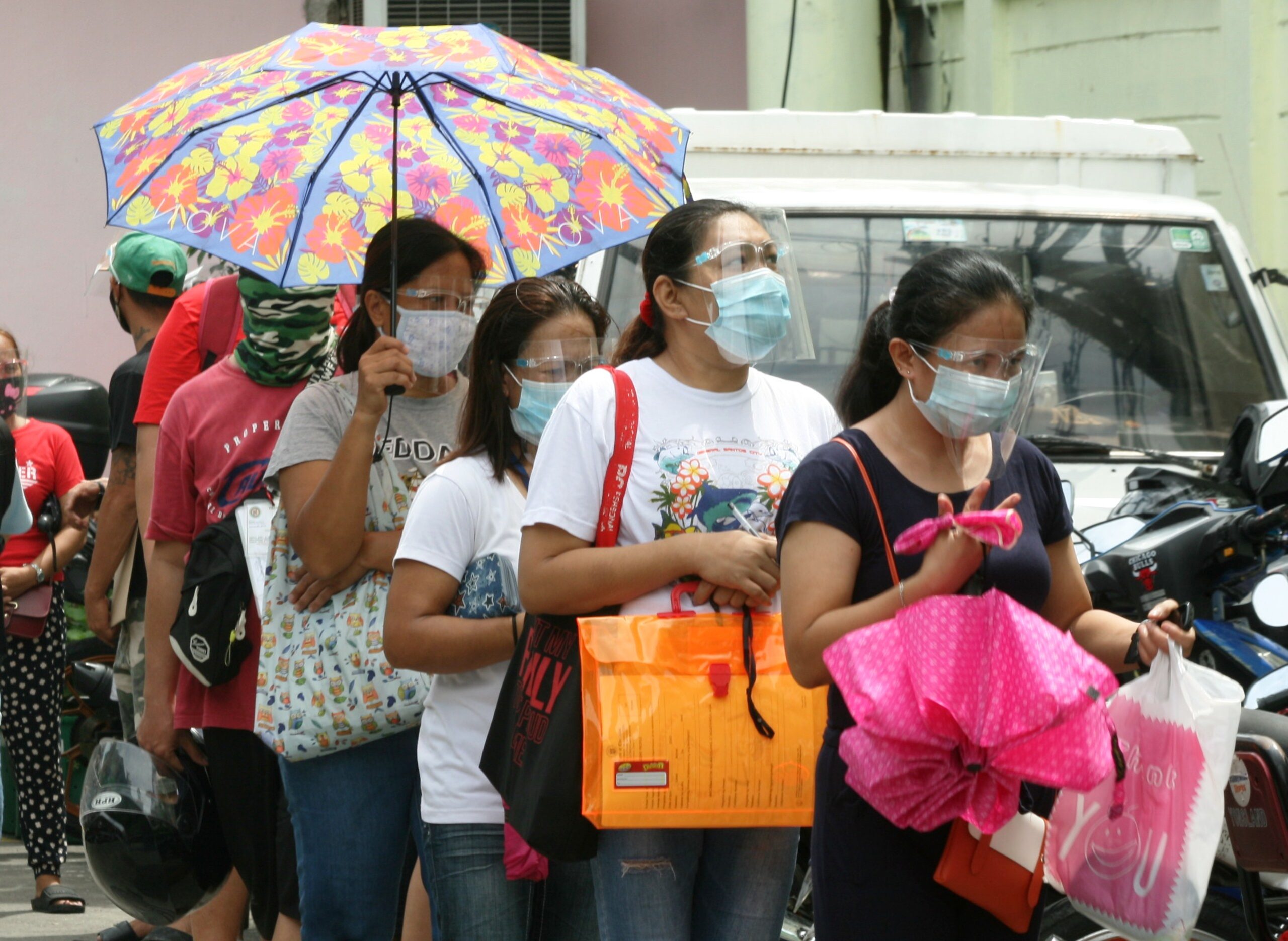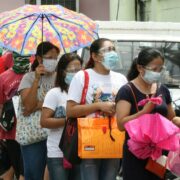
President Rodrigo Duterte is likely to extend the declaration of a state of calamity in the Philippines due to the ongoing pandemic, Malacañang said this week.
According to Presidential Spokesperson Harry Roque on Monday, September 14, Duterte will likely renew or extend Proclamation 929 issued in March because of the lack of vaccine against COVID-19 which has infected over 29 million people all over the world.
“Most likely po [it will be extended], dahil habang wala pang bakuna, habang walang gamot sa COVID, patuloy po ang epekto ng pandemya (Most likely it will be extended because while there is still no vaccine, while there is still no cure for Covid, the effects of the pandemic will linger),” he said in a press briefing.
Duterte on March 16 issued Proclamation 929 which declares a state of calamity for a period of six months unless lifted earlier extended “as circumstances may warrant.” It is set to expire on Sept. 16.
The declaration enjoins all government agencies and local government units (LGUs) to render full assistance in combating the spread of the disease.
“All government agencies and LGUs are enjoined to render full assistance to and cooperation with each other and mobilize the necessary resources to undertake critical, urgent, and appropriate disaster response aid and measures in a timely manner to curtail and eliminate the threat of COVID-19,” stated Duterte’s proclamation.
His declaration also directs law enforcement agencies, with the support from the Armed Forces of the Philippines, “to undertake all necessary measures to ensure peace and order.”
As of this writing, there are a total of 269,407 COVID-19 cases in the Philippines, with 4,663 fatalities and 207,352 recoveries.
‘Best testing policy in Asia’
Roque lauded the country’s COVID-19 testing capacity, claiming that the Philippines has the “best testing policy in the whole of Asia and probably in the whole world.”
“We clearly have the best testing policy in the whole of Asia and probably in the whole world because we have exceeded three million [tests] and as a percentage of total population, lubos-lubusan na ‘yan sa sinasabi nilang 3 percent na dapat ma-test na population (that exceeds what they said about testing 3 percent of the total population),” he said Tuesday, Sept. 15.
“At patuloy pa po tayo, dadami pa po tayo (We will continue to increase our testing) and I think we will have the highest number of testing, one of the highest in the whole world. That’s clearly our biggest strength,” the spokesman added.
Roque also gave the country’s COVID-19 response a rating of 85% because it prevented the dire predictions of COVID-19 infections from coming true. It also managed to keep the Philippines’ COVID-19 case fatality rate at 1.7%, as well as prevent the health system from getting “overwhelmed” with 50% available ICU bed capacity.
“All in all, I think we deserve a very good grade. I would give it a grade of 85%,” he said.






